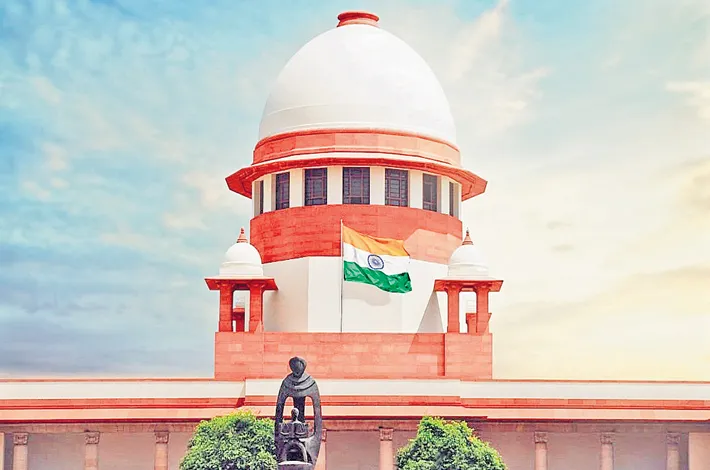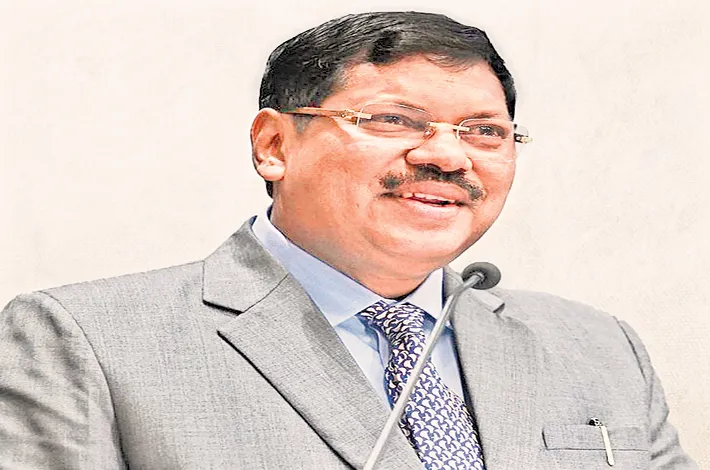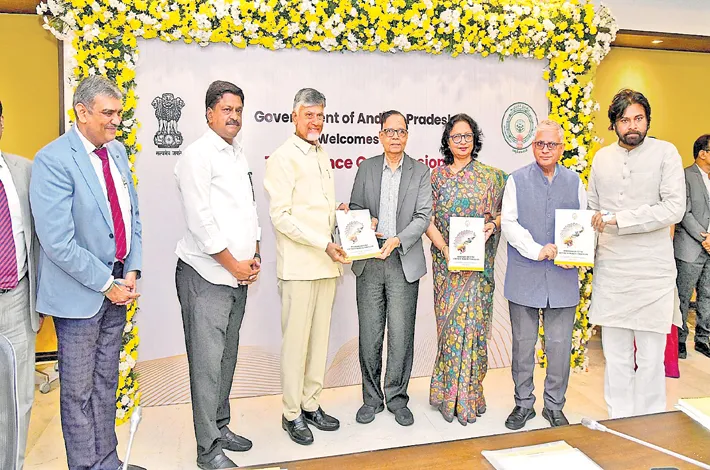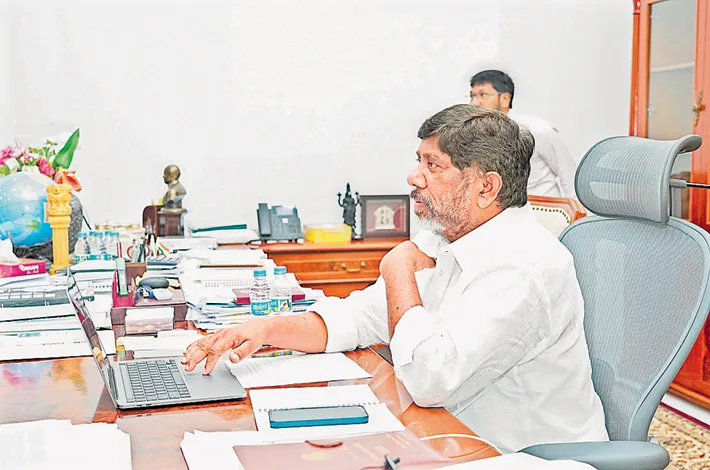Will it be endgame for Maoists?
09-04-2025 12:00:00 AM
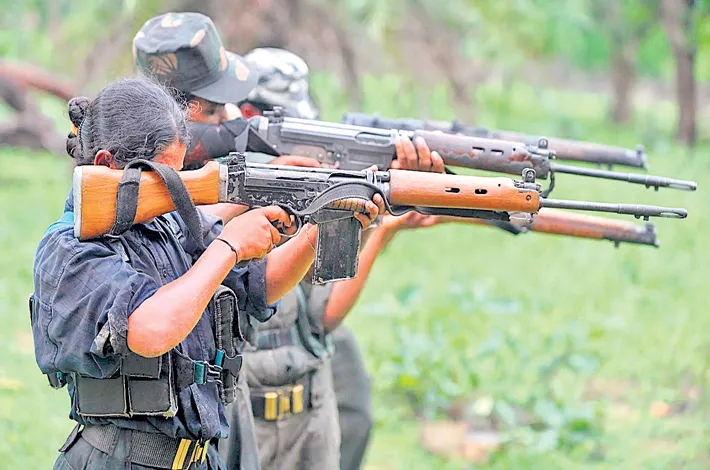
The statement called for an end to ‘Operation Kagar’ – the ongoing campaign by India’s paramilitary forces against the Maoists in Central India, particularly Chhattisgarh and Odisha.
Security operations in Maoist bastions across several states in Central India, Odisha and Andhra Pradesh, have led to major depletion in the Maoist ranks in recent months. Besides the elimination of top leaders, including Central Committee members of the Communist Party of India (Maoist), the banned outfit is reported to have lost over 400 cadres.
Visibly cornered and possibly in its last leg, the Maoists have called for a truce and want to join peace talks. While one of the state governments has welcomed negotiations, the Union Government will clearly see it only as a means for complete disbandment and surrender of the cadre rather than provide any opportunities for the Maoists to regroup and gain strength, as in the past.
A statement by the spokesperson of the Central Committee of the Communist Party of India (Maoist), who identified himself as Abhay, dated 28 March 2025, reached the offices of leading media houses on 2 April 2025. The statement called for an end to ‘Operation Kagar’ – the ongoing campaign by India’s paramilitary forces against the Maoists in Central India, particularly Chhattisgarh and Odisha.
The operation was launched in 2004, and over a lakh Central Armed Police Force (CAPF) personnel have been deployed over the years. The highlight of the statement is the offer to enter into negotiations with the government. Reportedly written in Telugu, along with a Hindi translation, the statement appeals to the "Peace Talk Committee and citizens of the country” to push the government to halt the ongoing operations as a precondition to join negotiations.
Claiming that over 400 of their leaders, activists, and tribal civilians had been killed in the “offensive by the security forces,” the statement also alleged that women Maoists had been subjected to sexual violence and summary executions. It also labels the operations as part of a campaign to “exploit tribal lands for corporate interests, suppress indigenous movements and advance a Hindu nationalist agenda.” Abhay also reportedly stated that the Maoists welcomed a round table meeting held in Hyderabad on 24 March on the topic of stopping the war in central India – announcement of ceasefire by the Indian government
Chhattisgarh’s Deputy Chief Minister and the State’s Home Minister Vijay Sharma is quoted as welcoming the offer for talks but rejecting the Maoists' conditions and allegations. Union Home Minister Amit Shah, too, welcomed the Maoists’ offer and said they are our brothers. He asked the Maoists to surrender arms and join the mainstream.
How previous peace talks fared Earlier, there have been two attempts to hold talks with the Maoists, both in the then undivided Andhra Pradesh. The first was in 2002. They were termed as ‘talks about talks.’ In other words, they were held to decide the agenda for future negotiations. A third attempt was made later in 2010; it was a non-starter. Battered and cornered, but not out yet
The current offer by the Maoists, who seem totally cornered by the intensity of the security operations. The current offer has been made following several body blows in the past year in which the rebels have lost over 400 cadres, besides a few hundred surrenders. The losses signify the efficacy and impact of ‘Operation Kagar’ which was launched to get the country rid of the Maoist challenge. Union Home Minister Amit Shah has, in fact, declared that the Maoists will be eradicated by 21 March 2026.
“When Chhattisgarh becomes free of Maoist insurgency, the entire country will be rid of the menace… In the past 10 years we tightened the noose around Maoists and there was a 73% reduction in deaths of security personnel and a 70% fall in civilian killings. For the first time in 40 years, the death toll of civilians and security personnel is less than 100,” Shah remarked in December last year.
The visible success in the security operations is evident from the number of top leaders being eliminated in recent months, including the formidable Central Committee member T. L. N. Chalapathi, also known as Jairam, whose killing in January this year was seen as a breakthrough. Chalapathi was, in fact, the head of the Odisha State Committee of the CPI (Maoists).
In fact, the Maoist ranks have lost other Central Committee members including the Dandakaranya Zonal Committee’s Ramachandra Reddy Pratap Reddy, Bade Chokka Rao alias Domar Reddy and other prominent leaders like Anju alias Kavita, who headed the Seenapaali area committee, her colleague in the same area Sony alias Budari, and Deepak Mandavi who was commander of the Mainpur LGS.
The present strength of the Central Committee is 19. All of them are ageing. Given the current realities, the Maoists will not be able to form a government. The hardcore among them shall remain, but they will have mere peripheral nuisance. By all means, it is pack-up time for the Maoists. If not by March 2026, soon thereafter! (P V Ramana is a scholar specialized in conflict studies especially the Maoists. The views expressed in this article are the author’s own. For full text go to https://www.metroindia.net/)





